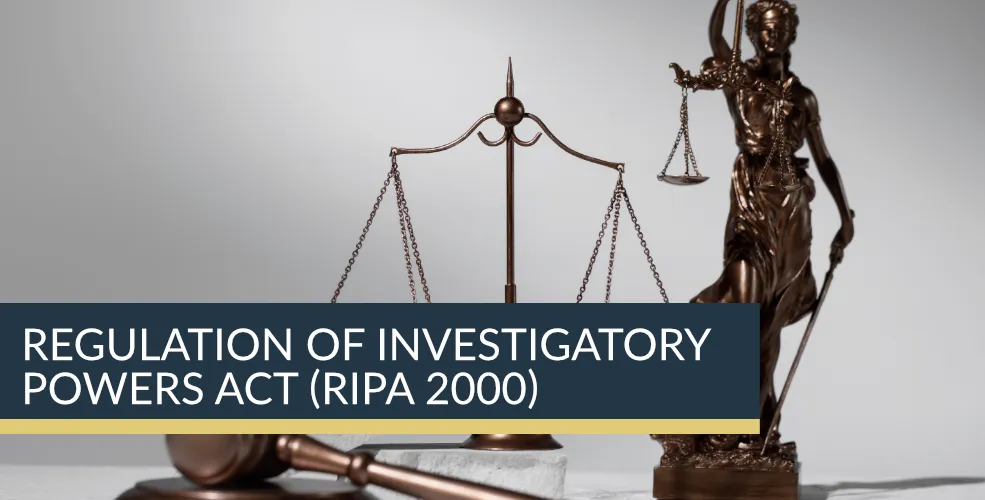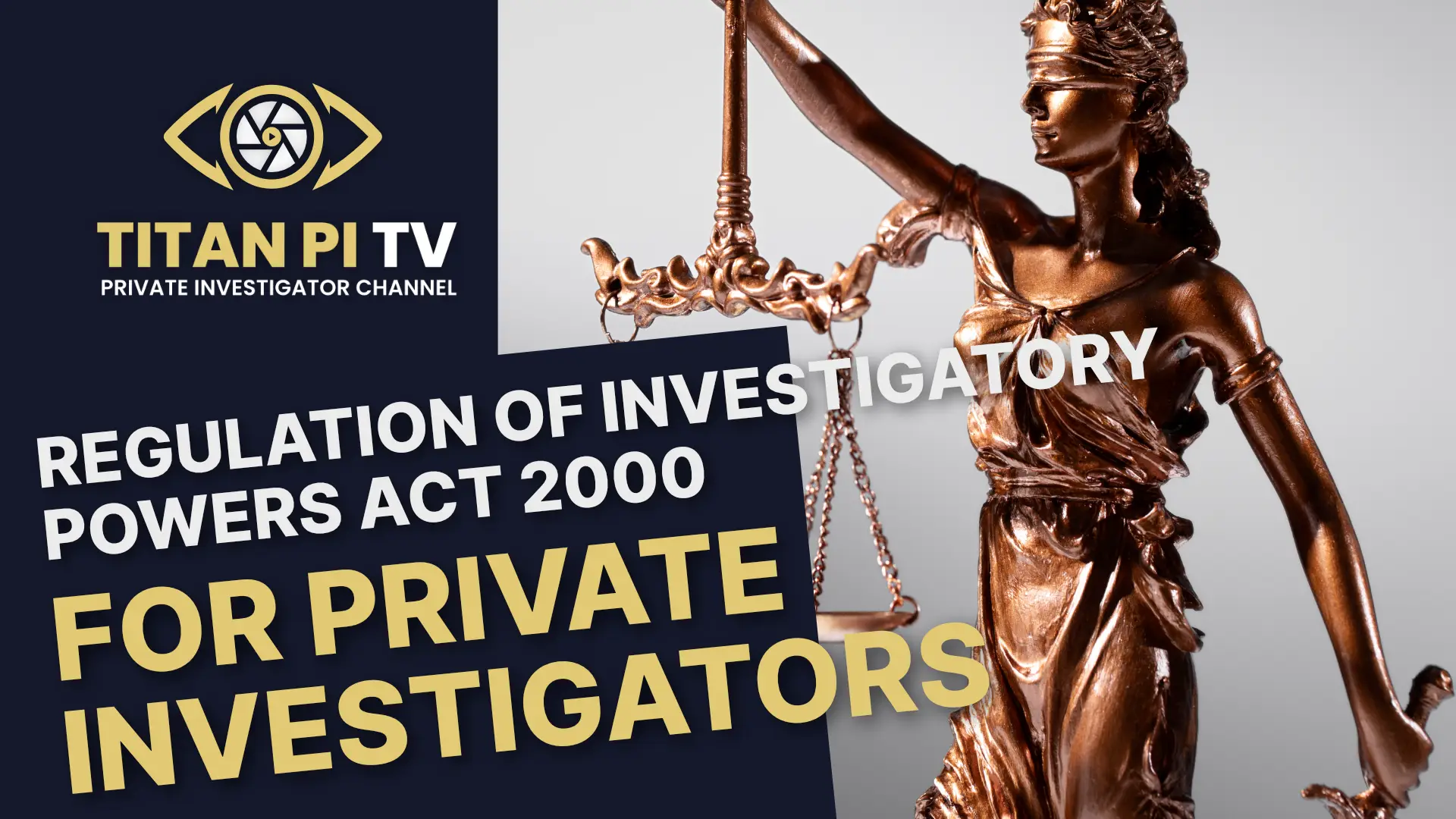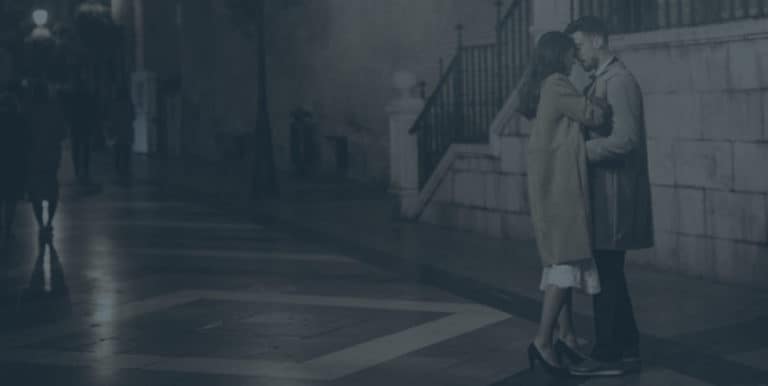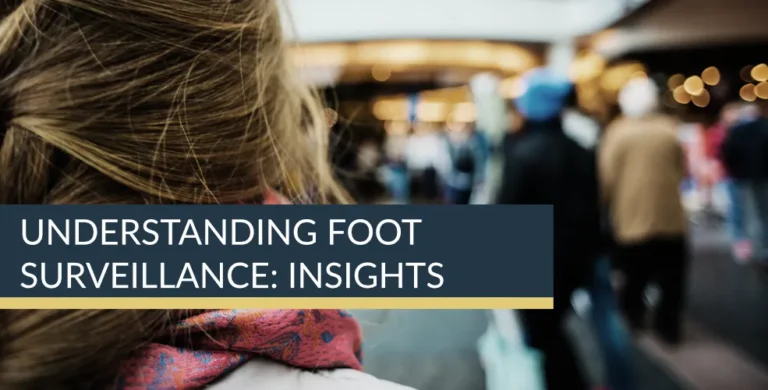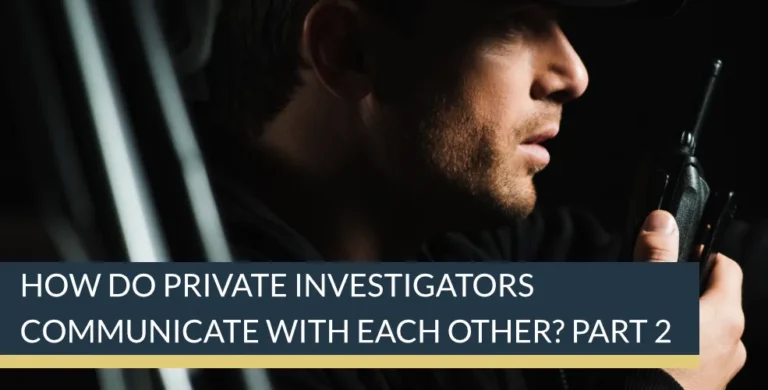The Regulation of Investigatory Powers Act (RIPA 2000) and Private Investigators?
The Regulation of Investigatory Powers Act completed its parliamentary passage on 26th July 2000. It was introduced by the Tony Blair Labour Government. RIPA regulates the manner in which public bodies may conduct surveillance and access a person’s electronic communications.
Public bodies are defined as a formally established organisation that is publicly funded to deliver a public or government service. The term refers to a wide range of public sector entities. Common examples of public bodies that may instruct a Private Investigator may be;
- A Council wanting to instruct an investigation into fly tipping.
- A housing authority wanting to instruct an undercover operative to investigate anti-social behaviour.
- The NHS wanting to instruct an absenteeism investigation.
- Trading Standards instructing covert surveillance upon an individual suspected of selling knock off merchandise.
RIPA 2000 – So let’s look at the five Parts to the legislation
- Part I Communications
- Part II Surveillance & Covert Human Intelligence Sources (CHIS)
- Part III Investigation of Electronic Data by encryption
- Part IV Scrutiny of Investigatory Powers and of the Functions of the Intelligence Service
- Part V Miscellaneous & Supplemental
Part II, surveillance and covert human intelligence sources is the most common piece of the RIPA legislation that will apply to Private investigators. This is because we can’t lawfully intercept communications which is Part I and we can’t lawfully investigate encrypted electronic data without permission. We’ve covered the laws and legislation around this in a previous newsfeed where we looked into phone hacking.
The Part II legislation covers surveillance and covert human intelligence sources. Let’s look at surveillance first. This is split in two, Directed surveillance and Intrusive surveillance.
Directed Surveillance: Is where there is pre planned covert surveillance imposed on an individual or individuals where private information will be obtained. This may be the NHS wanting to instruct in regard to an employee and their absenteeism.
Intrusive Surveillance: Is where covert surveillance is imposed on residential premises or in a private vehicle. Examples of this are a listening device or camera within a residential premise or a tracking or listening device or camera in or on a private vehicle.
Covert Human Intelligence Sources: In the Private Investigation industry this is likely to be an instruction utilising a UC or Undercover Operative. It may be that the Council instructs a Private Investigator to pose as a council employee to identify who is responsible for ongoing thefts. Or a housing association wanting to place an undercover operative within an apartment to identify who is responsible for anti-social behaviour.
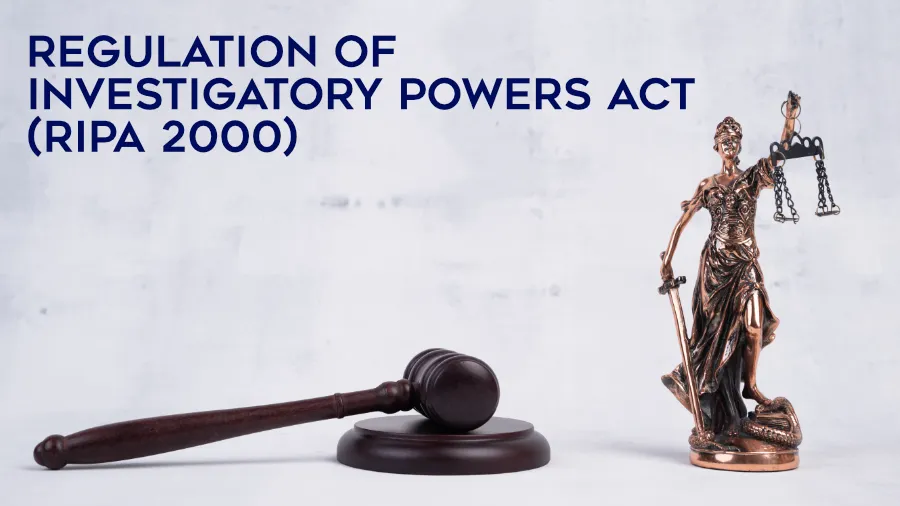
Who can instruct Directed and Intrusive Surveillance?
Directed Surveillance and CHIS is authorised in the Council by the Chief Executive Officer and in the Police a Superintendent. The authority lasts for 72 hours if given orally. This may be due to short notice, so a verbal briefing is given and authorised orally based upon that information provided. Or three months if given written authority.
Intrusive Surveillance cannot be authorised by a Council, however in the Police it has to be authorised by an officer of at least the rank of Assistant Chief Constable or higher.
Key parts of the RIPA act are to justify necessity, proportionality and to consider collateral intrusion.
In a nutshell, is the proposed method of investigation proportionate and necessary or can it be conducted utilising a less intrusive method.
Collateral intrusion is where consideration is given in regard to private information of others being gained who are not subject to the surveillance. An example of this is where the subject of the investigation resides in an apartment and the only entrance/ exit is a communal door. Parameters may be put in place that footage will not be gained at this location if other individuals will be caught on camera. If in the case of a CHIS, consideration will need to be given as to the use of covert cameras and what private information will be gained of other employees such as conversations.
If a Private Investigator is instructed by a public body and RIPA authority is not gained, then the surveillance or CHIS is unlawful and the instructing public body will be culpable and the evidence gained will be inadmissible.
This is just a snapshot of the legislation however if you consider the above you will not go wrong.
Titan has nine offices from London to Manchester so therefore has a National reach.
For further advice and information in regard to public body instructions then please feel free to speak to one of our professional team at one of the offices nearest to you.
London Private Investigator – Call the Titan Investigations London Office 020 39046622
Birmingham Private Investigator – Call the Titan Investigations Birmingham Office 0121 7162442
Cambridge Private Investigator – Call the Titan Investigations Cambridge Office 01223 662022
Derby Private Investigator – Call the Titan Investigations Derby (Head Office) 01332 504256
Leeds Private Investigator – Call the Titan Investigations Leeds Office 0113 4574066
Leicester Private Investigator – Call the Titan Investigations Leicester Office 0116 2436520
Nottingham Private Investigator – Call the Titan Investigations Nottingham Office 0115 9646950
Manchester Private Investigator – Call the Titan Investigations Office 0161 3023008
Sheffield Private Investigator – Call the Titan Investigations Sheffield Office 0114 3499400
Alternatively, you can contact us directly using our fully confidential contact form at enquiries@titaninvestigations.co.uk or chat directly using our Live Chat facility and one of our private investigations team will get right back to you.

